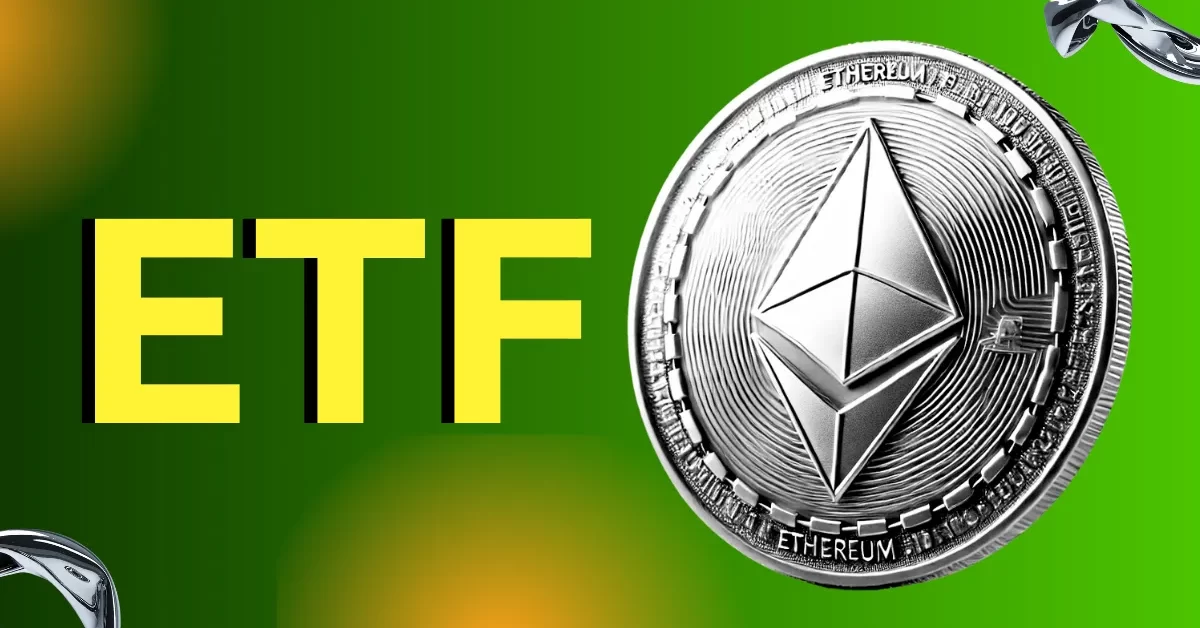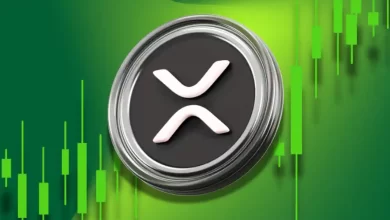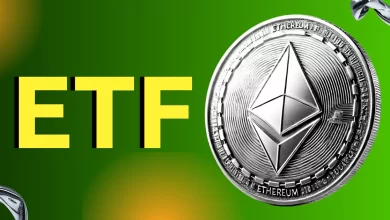
Ethereum ETFs launched on July 23 attracted over $100 million in initial inflows, reversing recent outflows.
Ethereum is seen as more attractive to institutional investors than Bitcoin due to its revenue-generating nature.
BlackRock and Grayscale have introduced new Ethereum-focused products with management fees.
The launch of spot Ethereum exchange-traded funds (ETFs) on July 23 sparked significant market interest, with initial inflows exceeding $100 million. This marked a notable shift from the previous four days of outflows for U.S. spot Ether ETFs, which saw a total of $33.67 million in new investments.
However, this figure was partly offset by a $120.28 million outflow from Grayscale’s Ethereum Trust (ETHE). However many crypto analysts believe that Ethereum ETF will soon follow the bitcoin path.
A Bright Outlook for Ethereum ETFs
Katalin Tischhauser, Head of Investment Research at Sygnum Bank and a former Goldman Sachs executive, predicts a promising future for spot Ether ETFs. She estimates that these funds could attract up to $10 billion in assets within their first year. Tischhauser also expects Bitcoin ETFs to draw between $30 billion and $50 billion in their initial 12 months, with Ethereum ETFs likely following a similar trend.
Tischhauser highlights that Ethereum offers distinct advantages over Bitcoin. While Bitcoin is seen mainly as a store of value, Ethereum’s worth comes from its revenues and cash flows. This makes Ethereum more appealing to traditional institutional investors compared to Bitcoin’s “digital gold” perception.
Incentives for Institutional Investors
To attract institutional investors, several ETF issuers are offering fee waivers for their spot Ethereum funds. Franklin Templeton will charge a 0.19% sponsor fee but will waive it for the first $10 billion in assets for six months. Bitwise and VanEck will impose a 0.20% fee until sometime in 2025.
BlackRock has updated its registration for its spot Ethereum ETF, ETHA, to include a 0.25% management fee. Grayscale has also launched its Grayscale Ethereum Mini Trust with a 0.25% fee.
Missing Out on Staking Rewards
However, enthusiasm is tempered by the absence of staking rewards from these ETFs. In May, BlackRock, Grayscale, and Bitwise removed staking provisions from their SEC applications after discussions with the SEC.
Traditional investment institutions, limited by regulations and legal constraints, can only invest through ETFs and thus miss out on staking benefits.
Also Check Out : Crypto News Today: Bitcoin, Ethereum Brace for Volatility as Fed Maintains Rates
The Ethereum ETF race has just begun. Where do you see this market heading in the next year?







